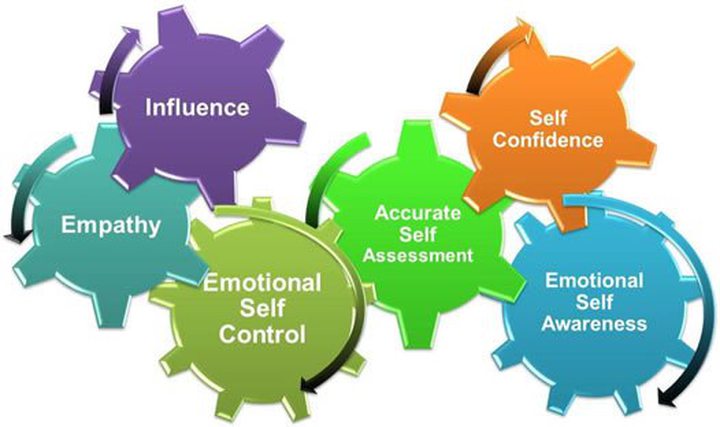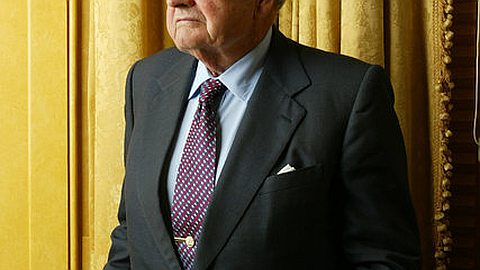How To Become An Entrepreneur In 12 Weeks: A Case Study

And we have explored in depth the thought process you need to follow when dealing with all the uncertainty we now face.
You:
- Determine your desire, i.e. you begin by figuring out what you really want to have happen. Then
- Take a small step toward finding or creating something that will allow you to capitalize on that desire. From there
- Learn from taking that small step.
- Build off that learning and take another step. Then
- Learn from that one…and so on
It’s a model that we call: Act. Learn. Build. Repeat.
We have taught this approach in our Just Start course (www.Just-Start.com). Tom McDonough (www.getappia.com), one of the participants in our course, has taken our ideas and built on it. He argues—and we believe him—that it is possible using this approach that anyone could develop an entrepreneurial mindset in 12 weeks. And he is in the process of creating a course of his own to show people how to do just that.
“Developing an entrepreneurial mindset is key to successfully managing one’s career in this time of rapid market change and the uncertainty it brings,” Tom says. “Yet many people aren’t cut out to be entrepreneurs in the sense of running their own business, so how can they develop the entrepreneurial mindset? The only way to develop it by doing?using the act, learn build repeat model.”
Here’s what we take from the underlying premise of Tom’s course.
- Everyone is, or can be, expert in something. Or
- Many of us can make things, or have ideas for a small service we could offer.
Given those two insights, the question is whether that thing, service or expertise is valuable enough that some group of people will pay you for it. If so, how do you get started and find those people? And how do you offer that expertise at a cost to you of less than what you get paid for it?
You might, for example, offer a course on Udemy.com. Or write a short manual and self-publish on Amazon. Or if it is a thing, you might produce it and sell it on eBay. And it doesn’t even have to be something you produce yourself. One woman we know has a nice side business inventorying and reselling old Cuisinart parts on eBay.
To Tom, it really doesn’t matter how big the idea could become, the key thing is to get underway to prove to yourself a) You can do it and b) whether you like the idea of starting and running something.
How might this work? It is not as hard as you think. To remain motivated Tom’s suggests you do this with a few friends who mutually commit to supporting each other. Each person:
- Determines an acceptable hourly wage for him/herself.
- Commits to creating a business that at the end of 12 weeks that:
- Runs on a couple hours of effort
- Yields profit equal to or exceeding the acceptable hourly wage
- Can be shut down easily.
And you get underway “asking the question what could I start that could, within 12 weeks, begin to generate a modest profit ($250/wk. or $1,000/mo.) Just enough to make you a believer,” Tom says.
At the end of 12 weeks you will have shown you can get a company up and running and can sell a product. You may not want to continue, but at the very least, you will know that you can take action and produce positive results.
Again, it doesn’t matter if there is only a small market for what you want to do. Tom is trying to help you prove to yourself that you can be an entrepreneur. To do that, you simply need to start a profitable business. Any size proves the point that you can do it. There is no reason to require that your first business be a blockbuster. Many successful entrepreneurs have failed multiple tiny businesses on the way to their success.
Think of this as learning exercise that will help you gain the skills you need to thrive in the years ahead, no matter what you end up doing. You can afford to do, because the stakes are low, i.e. they are within your Affordable Loss and because they are, you can have fun while you are learning.





